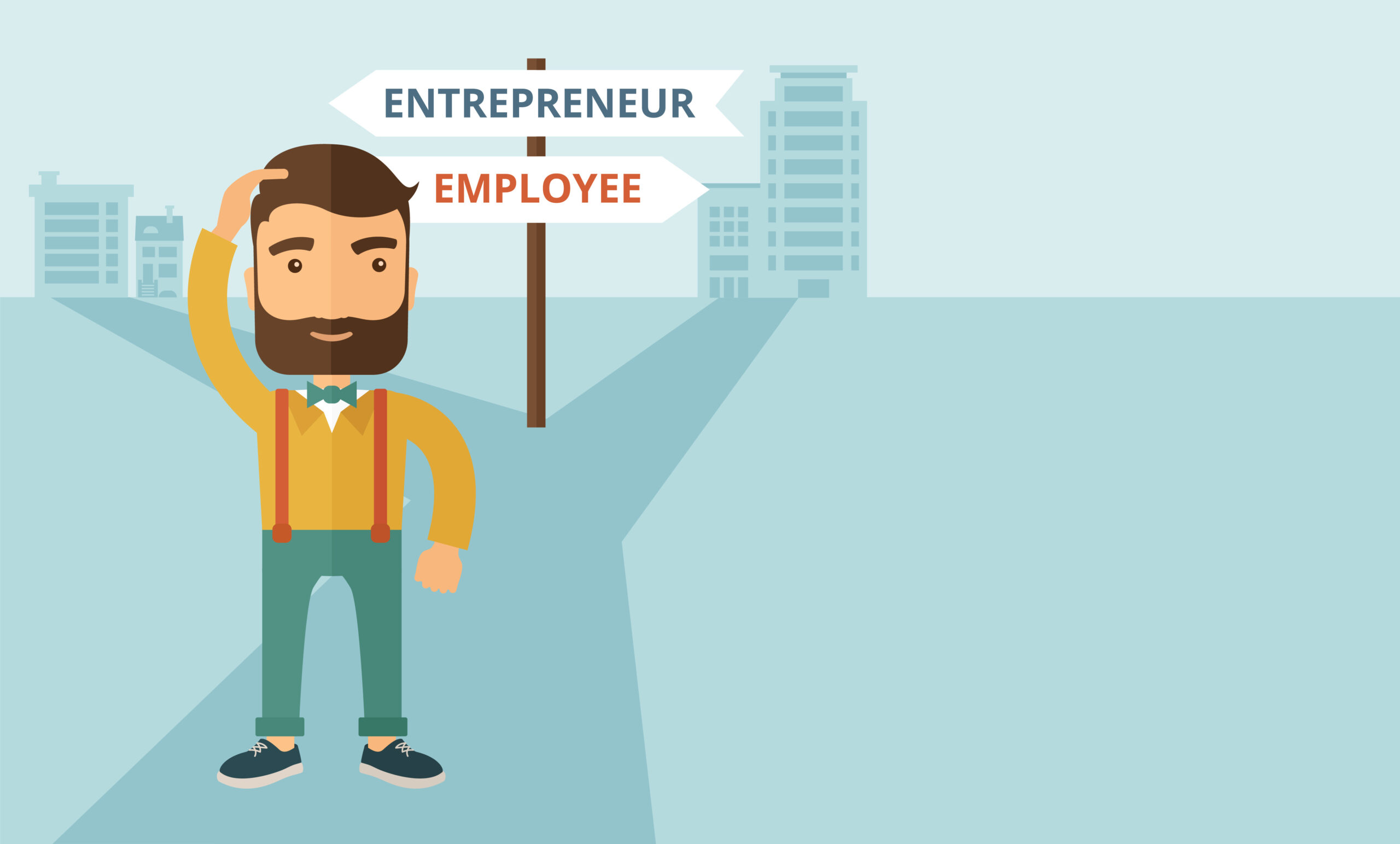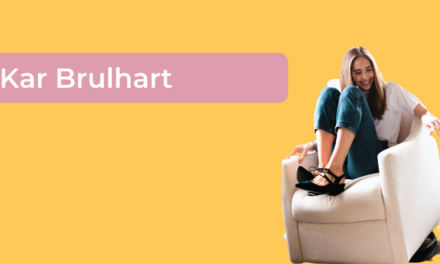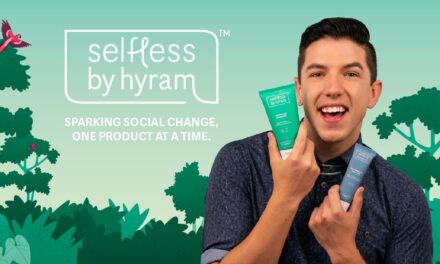Even before The Great Resignation, creators saw their content business as an opportunity to gain their independence, free from traditional work environments, schedules, constraints, etc.
But they don’t do it by abandoning their day jobs. The Tilt’s 2021 research found 48% pursuing their content business as a side gig. We get it. You’re probably like A Power Mood’s Sam DeMase who wants to pursue her content business as her full-time job but also needs to survive financially. Our research also shows it takes 26 months on average before a content business earns enough to support at least one person.
Content entrepreneurs take an average 26 months to build a business that can support at least one person, according to 2021 research from @TheTiltNews. #contentbusiness #startup Share on XHow can you get to the point where you can quit and make being a content entrepreneur your only job? Here’s advice from people who have been there and some who have done that.
Tilt Advice
Many content entrepreneurs start their businesses as a hobby or side hustle while working their day job. Before you quit, grow your content business. Set a personal financial goal. How much money do you need to live each month? (Is there anything you currently buy that you’re willing to go without so you could quit your day job?)
Before you quit your day job, set a personal financial goal to earn from your #contentbusiness before you make the leap. #contententrepreneur Share on XChelsey White worked as a digital client finance manager at a top New York public relations agency before quitting her job in 2019 to devote all her time to Chelsweets (1.2M) on Instagram. Her goals before quitting? To pay off her mortgage, earn a consistent monthly income through Chelsweets, and make two times her corporate salary.
Her revenue comes through affiliate links, blogging, YouTube, Facebook videos, content creation for The Food Network, paid partnerships on social media, and private cake creation lessons.
“I hit a breaking point. I was working around the clock and I felt like I was losing it. I had a moment of clarity and realized, it’s time,” she writes in a blog post, Why I Quit My Job To Pursue My Baking Business Full-Time (interestingly, she doesn’t actually sell her cakes).
Don’t forget to factor in expenses, such as health insurance and 401(k) matching dollars paid by your employer. Chelsey set up a SEP IRA because it’s simpler than a 401(k) for those who are self-employed. Health insurance can be a big expense. If you meet income thresholds, you may be able to purchase it at a lower rate through HealthCare.gov.
But don’t quit the first month your content business brings in your target revenue goal. Make sure you have a safety net to weather the down months in your content business. You’ll have some breathing room to create, make mistakes, and evaluate your earning potential.
Don't quit the first month your content business brings in your target revenue goal. Make sure to have a safety net to weather down months. #creatoreconomy #contententrepreneur Share on XAlso, set aside money to invest in your business, from paying third-party vendors like website hosting servers to buying software or attending industry conferences.
Create multiple revenue streams
To achieve your financial goals more quickly, explore how to grow your revenue streams. The first step in doing that is building and growing your audience with authentic content.
Many creators find success selling access to their audiences through brand partnerships. An April 2021 survey by influencer marketing platform Mavrck found 68.1% of U.S. adult influencers cited brand collaborations as generating the most income for their businesses. Affiliate marketing ranked second, cited by 9.3%. Another report, Creator Earnings: Benchmark Report 2021, found 77% of creators rely on brand partnerships – three times more than any other revenue source.
When Quigley Goode decided to pursue content creation full-time, she told her agents not to book her any more TV host or modeling gigs. She went all in and focused on building her blog and Instagram while networking with brands to do deals.
Passive income – revenue earned without having to create something new – also can be an attractive option. Before Austen Tosone quit her job in April 2021, she already had a 10K+ Instagram following. She established passive income streams from ads and digital products. A Power Mood’s Sam DeMase creates digital courses that she sells to help her move closer to pursuing her content business as her full-time job.
Be ready to keep hustling
Instagram and YouTube creator Jon Marie writes: “When I was on a work trip, I realized I needed to quit this job. I couldn’t keep going to work every day feeling stuck. Living my life making other people’s dreams come true while pushing mine aside.
“I got back that Tuesday and put a two-week notice in. Just like that! No plan. No more money. Just quit. I needed out ASAP and was ready to figure it out in two weeks’ time. Everyone in my life was shocked at my decision.”
If you just read that excerpt from her post, How I Quit My Corporate Job To Be A Content Creator, her move to full-time content entrepreneur might seem like your dream option. But Jon Marie had a ton of experience in the creator industry before she made that leap. She spent several years at YouTube as a campaign manager where she worked directly with creators. She worked in influencer talent management where she learned digital marketing. And her last job was as a digital media manager at a talent agency. She also was working on her Instagram account every moment she had.
As she writes: “Don’t try to become a content creator just because you think you will get a lot of ‘easy’ money and free products. It doesn’t work like that! Put in the work, be willing to hustle, and if you don’t get a response, keep reaching out to everyone you can. Eventually, it will pay off.”
Don't become a content creator just because you think you will get a lot of "easy" money and free products. It doesn't work that way, says @itsjonmarie. #YouTube #Instagram #creatoreconomy Share on XAbout the author
Bonnie owns Word of Mouth, a content agency specializing in social media, content marketing, and editorial writing. She's written for Marie Claire, Harper’s Bazaar, Coveteur, Man Repeller, Health.com, and more. She loves wearing fanny packs and laying in the fetal position.










